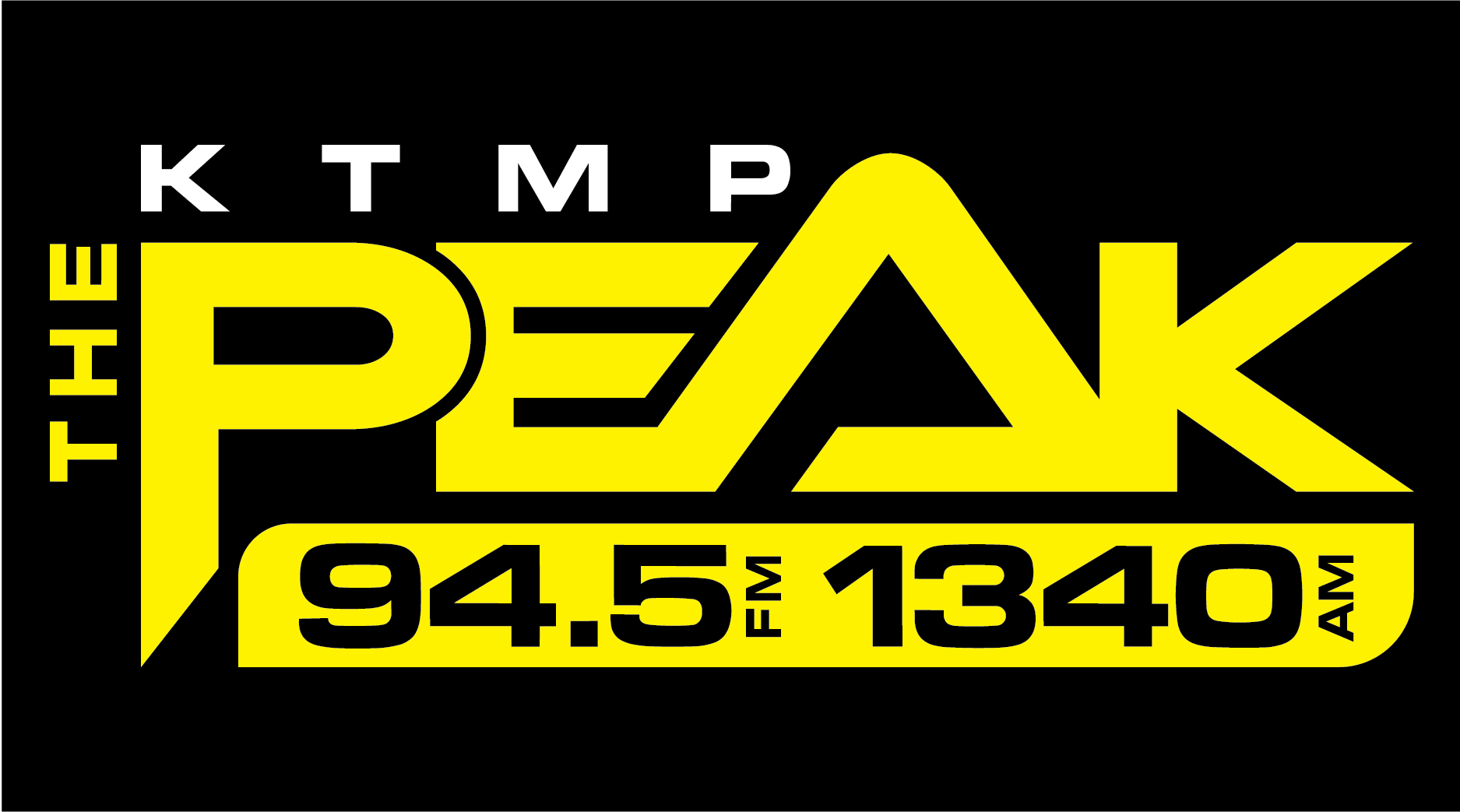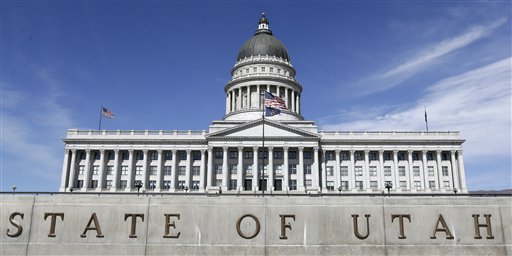SALT LAKE CITY (AP) — The Utah Legislature has passed a bill banning oversight powers for independent civilian boards established to review police departments.
The Senate and House approved the bill Monday despite one of its sponsors saying it would not change current procedures.
The bill is a “pre-emptive thing” against the rise of “anti-law enforcement activist” groups in Salt Lake City, Republican Sen. Don Ipson said.
“What we’re having is anti-law enforcement activist groups trying to take over these community councils and be negative towards the police department,” Ipson said. “This simply gives clarity.”
The bill says independent civilian groups could meet to discuss police policy but would not have authority over a police chief’s decisions or department procedures.
“There isn’t a problem now,” said Ipson, “but we feel like there is one coming if we don’t do this.”
The bill is in response to a proposal by the group Utah Against Police Brutality for an elected board with veto powers over the Salt Lake City Police Department.
Opponents say the legislation prevents community action in response to police violence.
“This is what oversight needs,” said David Newlin, an organizer for Utahns Against Police Brutality. “You’re supposed to have an independent body — somebody who is fundamentally removed from the body you’re overseeing otherwise you’re running into problems and running into conflicts of interest.”
Gov. Gary Herbert has until April 3 to decide whether to sign it, veto it, or allow it become law without his signature.








